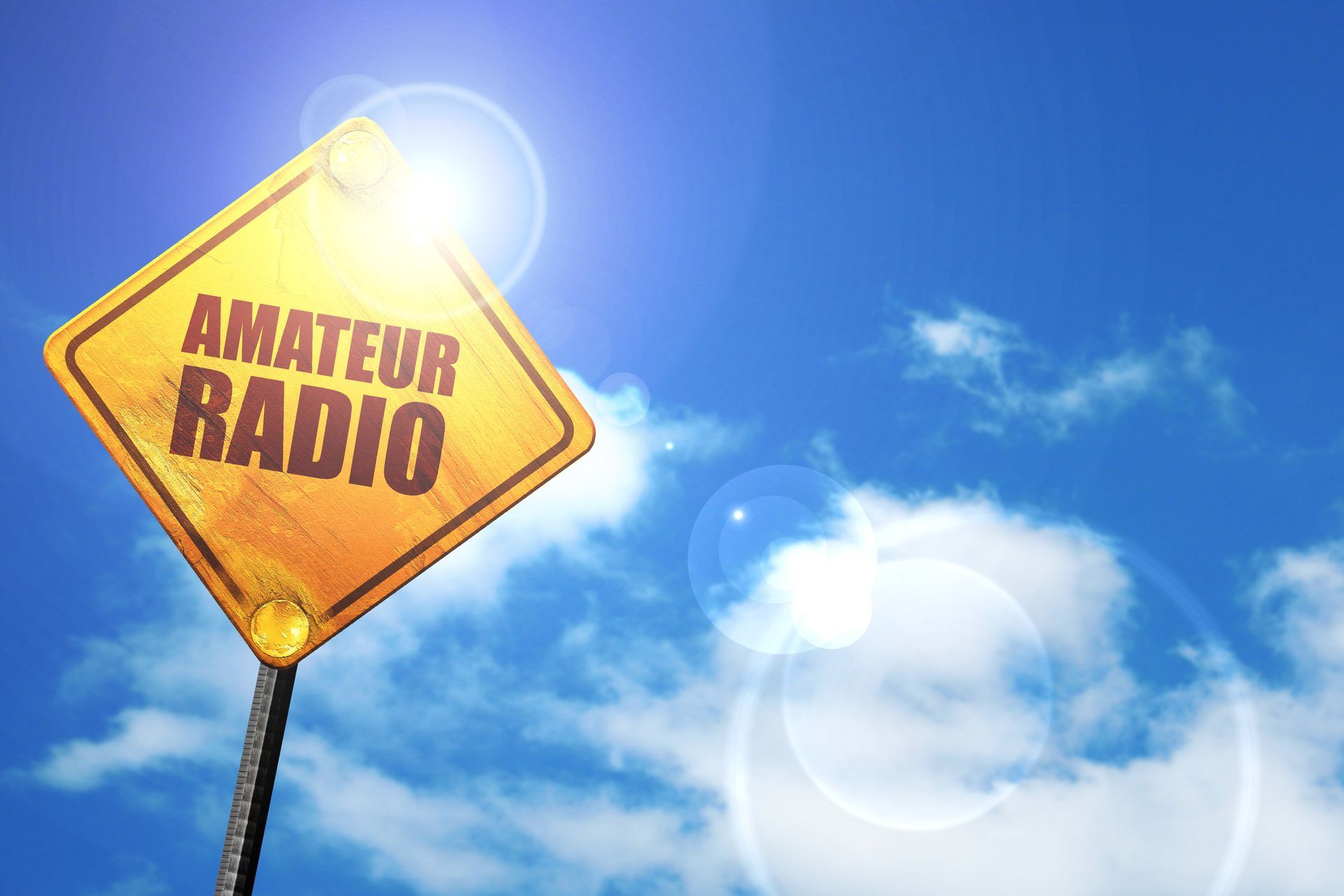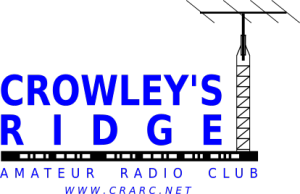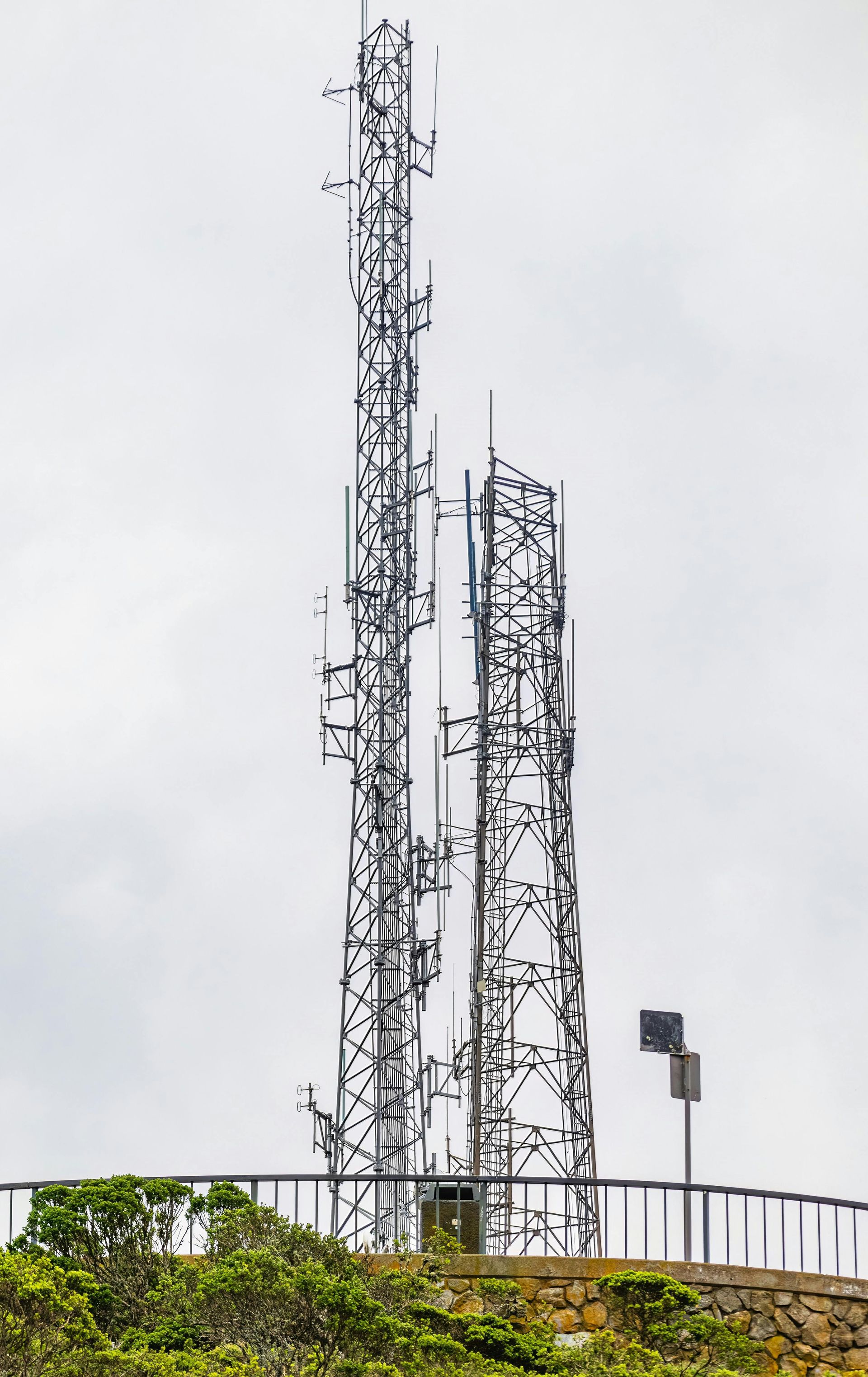LINKS
Amateur Radio Licensing and Education:
- ARRL (American Radio Relay League):www.arrl.org
The primary national organization for amateur radio in the U.S., offering information on licensing, news, and education resources. - FCC Amateur Radio Service:www.fcc.gov/wireless/bureau-divisions/mobility-division/amateur-radio-service
Official licensing information from the FCC. - HamStudy.org:www.hamstudy.org
Provides study tools and resources for those preparing for amateur radio exams.
Emergency Communication and Public Service:
- RACES (Radio Amateur Civil Emergency Service):www.races.net
A volunteer organization of amateur radio operators who provide communications support during emergencies. - ARES (Amateur Radio Emergency Service):www.arrl.org/ares
Part of ARRL, ARES provides public service and emergency communications.
Online Communities and Forums:
- QRZ.com:www.qrz.com
A popular online resource for amateur radio enthusiasts to connect, share information, and look up call signs. - eHam.net:www.eham.net
A website with forums, reviews, and resources for amateur radio operators.
Technical Resources and Software:
- Ham Radio Deluxe:www.hamradiodeluxe.com
Software for rig control, logging, and digital modes. - PSK Reporter:www.pskreporter.info
A global monitoring system for digital modes like PSK31, FT8, and more.
Radio Clubs and Hamfests:
- Find Hamfests & Conventions:www.arrl.org/hamfests
A directory of upcoming ham radio events, hamfests, and conventions across the country. - Worldwide Amateur Radio Clubs Directory:www.qsl.net/clubs
A directory for amateur radio clubs around the world..
Propagation and Weather:
- SolarHam:www.solarham.net
A resource for solar and geomagnetic data relevant to radio propagation. - NOAA Space Weather Prediction Center:www.swpc.noaa.gov
Offers forecasts of space weather conditions that can affect radio communications.
Call Sign Lookup:
- QRZ Call Sign Lookup:www.qrz.com/lookup
An easy way to find the call sign information of amateur radio operators. - FCC Call Sign Database:wireless2.fcc.gov/UlsApp/UlsSearch/searchAmateur.jsp
Official call sign lookup from the FCC.
Other Links:

By John Cook
•
September 21, 2024
Attending amateur radio club meetings offers a variety of benefits, whether you're an experienced operator or just starting in the hobby. Here are some key advantages: 1. Learning and Skill Development Technical Education: Club meetings often include workshops, presentations, or discussions on topics like antenna building, operating techniques, and equipment setup. You can learn from seasoned operators and stay updated on the latest technologies and practices. Licensing Support: Many clubs help members study for their amateur radio license exams or upgrade to higher license classes through study sessions or practice tests. 2. Networking and Fellowship Connect with Like-Minded Individuals: Meet fellow amateur radio enthusiasts, share experiences, and build friendships. Networking with others can open doors to collaboration on projects or finding mentors. Social Interaction: Clubs foster a sense of community, providing an opportunity to socialize and discuss shared interests, whether at regular meetings or special events. 3. Access to Resources and Information Shared Knowledge: Gain access to information on radio gear, operating practices, and troubleshooting from members who are more experienced. You can also exchange tips on new equipment, software, or techniques. Equipment Advice and Testing: Club members can often offer guidance on purchasing equipment or even provide opportunities to test and experiment with different types of radios and antennas before buying. 4. Participation in Events and Activities Ham Fests and Contests: Club meetings often include planning for local ham fests, contests, and field days, which provide hands-on experience in operating radios, testing equipment, and honing communication skills. Special Events: Clubs frequently organize activities such as public demonstrations, special event stations, and community service projects where members can actively participate. 5. Community and Emergency Service Public Service Opportunities: Many amateur radio clubs are involved in emergency preparedness and public service communications (e.g., participating in ARES or RACES). Attending meetings allows you to become a part of these efforts and contribute during disasters or large public events. Volunteer Work: Join in supporting community events through communications assistance, offering valuable services that highlight the role of amateur radio in public safety. 6. Stay Informed on Club News and Developments Club Announcements: Attending meetings keeps you informed on upcoming events, organizational changes, and opportunities to get involved in club activities or leadership roles. Policy and Advocacy Updates: Learn about any developments related to FCC regulations, frequency allocations, and other legislative issues that impact amateur radio operators. 7. Mentorship and Encouragement New Operator Support: Club meetings are a great place to find mentors who can guide you through the early stages of getting on the air, from choosing the right equipment to improving your operating skills. Confidence Building: Engaging with the community, participating in discussions, and learning new skills in a supportive environment can boost your confidence as an operator. 8. Hands-On Practice Live Demos and Practice: Many meetings include hands-on demonstrations where you can practice operating different modes, such as voice (SSB), digital modes, or CW (Morse code), giving you real experience in a group setting. Attending club meetings offers invaluable educational, social, and service opportunities that enhance both your amateur radio experience and your contributions to the broader community. Whether you’re looking to learn, connect, or give back, club meetings are a great way to stay active in the hobby!
Subscribe to our newsletter
Thank you for contacting us.
We will get back to you as soon as possible.
We will get back to you as soon as possible.
Oops, there was an error sending your message.
Please try again later.
Please try again later.
© 2024
All Rights Reserved |
Hosted by FireTEXT Dispatch Solutions

